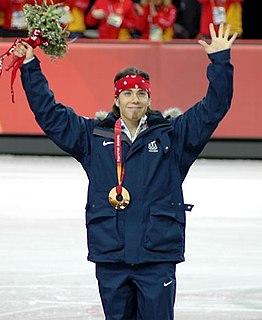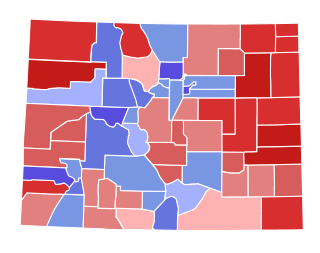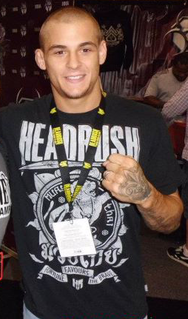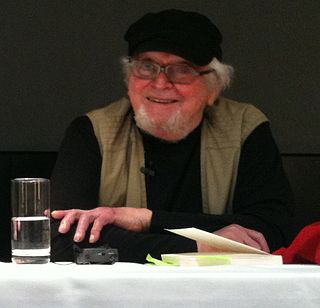A Quote by P. V. Sindhu
When you lose, you keep thinking, 'I could have done things differently,' but at that moment, you can't do anything, so it is important to let go.
Related Quotes
Sometimes I wish I could go back in time, sit down with myself and explain that things were going to be okay, that everybody loses ground sometimes and it doesn’t mean anything. It’s the way life works. This is hard to understand in the moment. You get to thinking about the girl who rejected you, the job you got fired from, the test you failed, and you lose sight of the big picture — the fact that life has a beautiful way of remaking itself every few weeks.
Yeah, we could have done things differently. But - If we'd done things differently, we wouldn't be who we are. We are the sum of the choices we make. Even the bad choices we make. I made a lot of bad choices, but on the other hand, I am who I am, and I'm proud of my work, and I'm proud of my family, and those are also the product of choices, including financial choices, that I made.
Hopefully I inspire people just to lose themselves a little bit. That's what I enjoy doing on stage: challenging myself with a new territory, like performing differently, moving differently, singing differently, just let people know that it's okay just to do something that they've never done before.
You get really scrappy when you're making things for zero dollars, and you just have to keep thinking like that. It's not like, 'Oh, we now have a little bit more money, let's do things differently.' If you just keep boiling it down to the simplest possible way to make it, I think that always ends up being the best.
Win or lose or draw, you always go back and critique your performance and say you could have done things better. Even if I put the guy away in one round, I can go back and say I made a lot of mistakes and need to tighten up. But that's the type of person I am. Improve. Improve. Improve. When I lose I come back stronger than ever.
Too-lateness, I realized, has nothing to do with age. It’s a relation of self to the moment. Or not, depending on the person and the moment. Perhaps there even comes a time when it’s no longer too late for anything. Perhaps, even, most times are too early for most things, and most of life has to go by before it’s time for almost anything and too late for almost nothing. Nothing to lose, the present moment to gain, the integration with long-delayed Now.




































